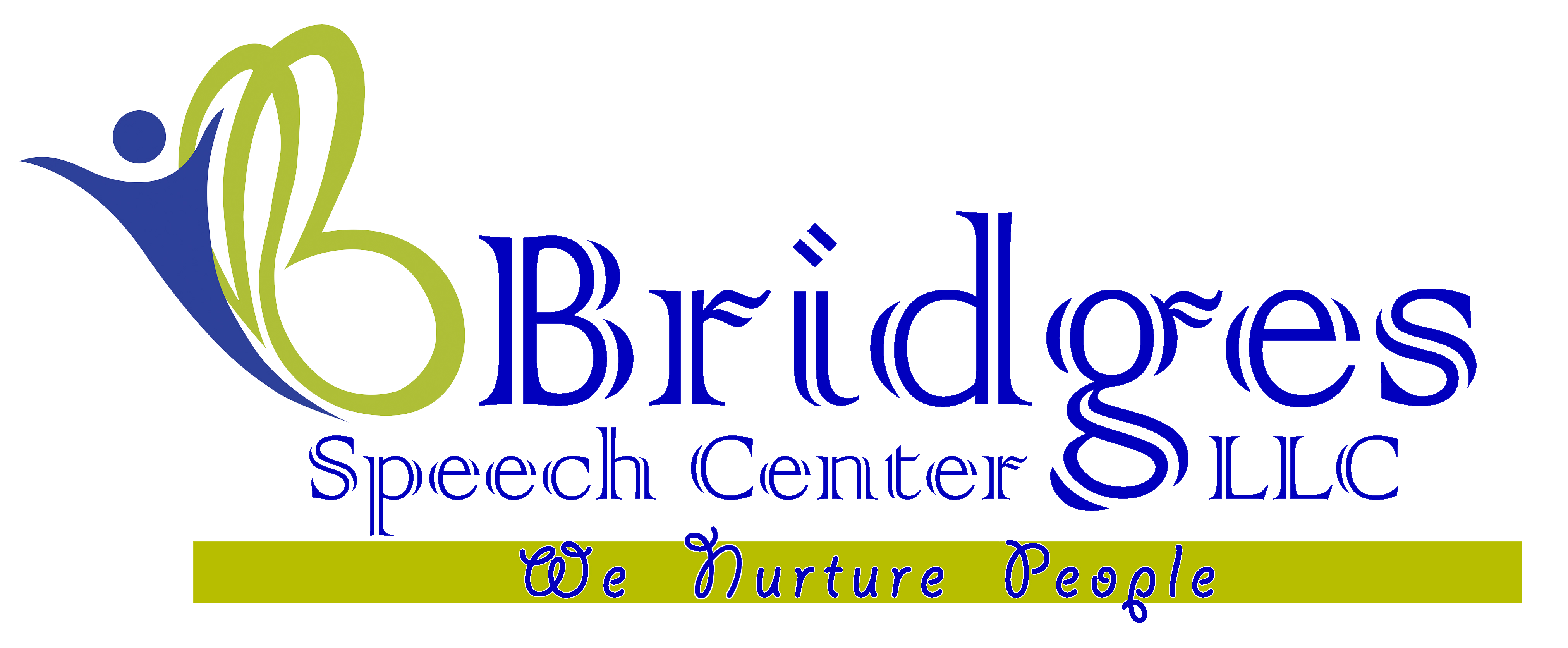- About Us
- Our Services
- Speech Therapy
- Speech and Language Therapies for Adults in Dubai
- Speech and Language Therapies for Children in Dubai
- Accent therapy
- Augmentative Alternative Communication (AAC) Therapy
- Articulation Speech Therapy
- Auditory Processing therapy/ Auditory verbal therapy
- Language Intervention: Speech Delay therapy
- Oral Motor Therapy
- Play Based therapy
- PROMPT/DTTC/RePT for Childhood Apraxia of Speech
- Social communication/Pragmatic language therapy
- Stuttering / Stammering therapy Program
- Spellography Program for Dyslexia
- Voice Therapy
- Home Care Services
- Feeding Therapy
- Physiotherapy
- Pediatric and Geriatric Physiotherapy
- Fall Prevention Programs for the Elderly
- Developmental Delay Treatment for Children
- Cerebral Palsy Management for Children
- Pediatric Orthopedic Conditions
- Osteoporosis Management for the Elderly
- Sports Injuries in Children
- Mobility and Balance Training for Elderly
- Joint Pain Treatment (Knee, Shoulder, Hip)
- Age-Specific Exercise Programs
- Coordination and Balance Exercises
- Orthopedic Physiotherapy
- Neurological Physiotherapy
- Sports Physiotherapy
- Cardiopulmonary Physiotherapy
- Women’s Health Physiotherapy
- Manual Therapy
- Therapeutic Exercise
- Pain Management
- Electrotherapy
- Hydrotherapy
- Ergonomic Consultation
- Tele-Physiotherapy Services
- Pediatric and Geriatric Physiotherapy
- Occupational Therapy
- Sensory Integration
- Clinical Psychology & Psychotherapy
- Cognitive Behavioral Therapy(CBT)
- ABA /Behavior Therapy
- Bridge Learning Program
- Group therapy
- Summer/Winter Program
- Telehealth Services
- Training Program/CEU
- Internship/ Observership
- Speech Therapy
- Super Team
- Collaboration
- Training Course
- News/Blogs
- About Us
- Our Services
- Speech Therapy
- Speech and Language Therapies for Adults in Dubai
- Speech and Language Therapies for Children in Dubai
- Accent therapy
- Augmentative Alternative Communication (AAC) Therapy
- Articulation Speech Therapy
- Auditory Processing therapy/ Auditory verbal therapy
- Language Intervention: Speech Delay therapy
- Oral Motor Therapy
- Play Based therapy
- PROMPT/DTTC/RePT for Childhood Apraxia of Speech
- Social communication/Pragmatic language therapy
- Stuttering / Stammering therapy Program
- Spellography Program for Dyslexia
- Voice Therapy
- Home Care Services
- Feeding Therapy
- Physiotherapy
- Pediatric and Geriatric Physiotherapy
- Fall Prevention Programs for the Elderly
- Developmental Delay Treatment for Children
- Cerebral Palsy Management for Children
- Pediatric Orthopedic Conditions
- Osteoporosis Management for the Elderly
- Sports Injuries in Children
- Mobility and Balance Training for Elderly
- Joint Pain Treatment (Knee, Shoulder, Hip)
- Age-Specific Exercise Programs
- Coordination and Balance Exercises
- Orthopedic Physiotherapy
- Neurological Physiotherapy
- Sports Physiotherapy
- Cardiopulmonary Physiotherapy
- Women’s Health Physiotherapy
- Manual Therapy
- Therapeutic Exercise
- Pain Management
- Electrotherapy
- Hydrotherapy
- Ergonomic Consultation
- Tele-Physiotherapy Services
- Pediatric and Geriatric Physiotherapy
- Occupational Therapy
- Sensory Integration
- Clinical Psychology & Psychotherapy
- Cognitive Behavioral Therapy(CBT)
- ABA /Behavior Therapy
- Bridge Learning Program
- Group therapy
- Summer/Winter Program
- Telehealth Services
- Training Program/CEU
- Internship/ Observership
- Speech Therapy
- Super Team
- Collaboration
- Training Course
- News/Blogs
Table of Contents
TogglePediatric and Geriatric Physiotherapy Treatment in Dubai
- Home
- Our Services
- Physiotherapy
Understanding Chronic Pain
Chronic pain is defined as pain that persists for longer than three to six months and is often associated with underlying medical conditions or injuries. Unlike acute pain, which typically resolves as tissues heal, chronic pain can persist beyond the expected healing time and may not respond well to conventional medical treatments alone. It can affect various parts of the body, including the musculoskeletal system, nerves, and internal organs, leading to significant physical, emotional, and social challenges for individuals.
Importance of Chronic Pain Rehabilitation
Chronic pain rehabilitation focuses on addressing the complex nature of persistent pain by providing holistic and multidisciplinary approaches to pain management. The goals of chronic pain rehabilitation include:
- Pain Reduction: Implementing strategies to alleviate pain intensity and frequency, improving overall comfort and well-being.
- Functional Improvement: Enhancing physical function and mobility to enable individuals to perform daily activities more effectively.
- Psychological Support: Addressing emotional distress, anxiety, and depression associated with chronic pain through psychological interventions and support.
- Improving Quality of Life: Enhancing overall quality of life by promoting independence, social engagement, and participation in meaningful activities.
Components of Chronic Pain Rehabilitation
Chronic pain rehabilitation programs are tailored to meet the individual needs of patients and typically include the following components:
- Comprehensive Assessment
- Medical History: Gathering detailed information about the onset, duration, and characteristics of pain, as well as any underlying medical conditions or injuries.
- Physical Examination: Assessing musculoskeletal function, neurological status, and other relevant physical factors contributing to pain.
- Psychosocial Assessment: Evaluating psychological factors such as mood, stress levels, and coping mechanisms, which may influence pain perception and management.
- Multidisciplinary Treatment Planning
Based on the assessment findings, a multidisciplinary team collaborates to develop a personalized treatment plan that may include:
- Medication Management: Prescribing medications to alleviate pain and manage associated symptoms, such as inflammation or neuropathic pain.
- Physical Therapy: Utilizing therapeutic exercises, manual therapy techniques, and modalities (e.g., heat, cold therapy) to improve physical function, mobility, and strength.
- Psychological Therapy: Cognitive-behavioral therapy (CBT), mindfulness-based stress reduction (MBSR), and relaxation techniques to address psychological factors contributing to pain and enhance coping skills.
- Interventional Procedures: Minimally invasive procedures (e.g., nerve blocks, epidural injections) performed by pain specialists to target specific pain generators and provide relief.
- Complementary Therapies: Incorporating techniques such as acupuncture, massage therapy, and chiropractic care to complement conventional treatments and promote relaxation and pain relief.
- Lifestyle Modifications and Self-Management Strategies
- Nutritional Counseling: Providing guidance on nutrition and dietary habits that may influence pain perception and overall health.
- Exercise and Activity Planning: Developing personalized exercise programs to improve physical conditioning, flexibility, and cardiovascular health, while avoiding activities that exacerbate pain.
- Sleep Management: Addressing sleep disturbances through sleep hygiene practices and behavioral interventions to optimize restorative sleep and reduce pain sensitivity.
- Stress Management: Teaching stress reduction techniques, relaxation exercises, and mindfulness practices to alleviate tension and improve coping with chronic pain.
- Patient Education and Empowerment
- Pain Education: Providing information about the mechanisms of pain, pain management strategies, and realistic expectations for treatment outcomes.
- Goal Setting: Collaboratively establishing achievable goals for pain management, functional improvement, and overall well-being.
- Self-Care Skills: Teaching self-monitoring techniques, pacing strategies, and pain flare-up management to empower patients in managing their pain on a daily basis.
Integrative Approach and Long-Term Management
Chronic pain rehabilitation emphasizes an integrative approach that recognizes the interconnectedness of physical, psychological, and social factors influencing pain. By addressing the multifaceted nature of chronic pain through coordinated care and personalized interventions, rehabilitation programs aim to optimize outcomes and support long-term pain management strategies.
Conclusion
Chronic pain rehabilitation plays a crucial role in managing and reducing persistent pain by addressing its physical, emotional, and social impacts through comprehensive, multidisciplinary approaches. By focusing on pain reduction, functional improvement, psychological support, and enhancing overall quality of life, these programs empower individuals to effectively manage their chronic pain and regain control over their health and well-being.
Contact Us
For more information on chronic pain rehabilitation or to schedule a consultation, please contact us. Our dedicated team of healthcare professionals is committed to providing compassionate care and personalized treatment plans to help you achieve optimal pain management and improve your quality of life.
Make Appointment
Testimonials
What Parents Say
Send us an email if you wish to talk to any of them. For more reviews, please go to Google reviews.

My experience with bridges speech centre has been great. My child is attending OT in the center and we are happy and proud with the progress Mrs. Richa has made. The therapists are very supportive and knowledgable in selecting techniques to suit with our child's requirements . Their monthly review and evaluation is remarkable. I highly recommend bridges speech centre to anyone looking for an affordable and professional therapy for their child....

We were asked to consult a speech therapist for my son. As parents we were quite skeptical about this whole process. However, once my son started attending Dr Rupali’s sessions we noticed a drastic improvement in his speech. He used to speak only a few words but within the 1st four sessions he started speaking up-to 5 words sentences. I also learnt to manage my child’s emotions better with Dr Rupali’s guidance. She is very cooperative and patiently answer all questions.

We took our 21 month old daughter to Bridges speech center following her cleft palate surgery as she needed Speech therapy. Ms.Rupali was recommended to us by both our Pediatrician and ENT specialist. The staff at Bridges are qualified, warm and friendly. My daughter loved to attend the speech therapy sessions. Through various techniques and simulations provided during these sessions, I can see considerable improvement in my daughter's speech. Lastly I would say, no child is same, as parents we need to be patient and trust the process.

Rupali was excellent. In just couple of sessions she helped my child overcome difficulty in pronouncing ch and sh sound. Thanks very much.Highly recommend for children who will need assistance in speech therapy.
Blog & Article
Our Latest Blog & Articles
Benefits of Water Aerobics for Joint Pain, Fitness, and Rehabilitation
Joint pain can make even simple movement feel stressful. Yet staying active is...
Physiotherapy for Foot Fracture
Foot fractures can feel deceptively small yet they often disrupt everything from walking...



